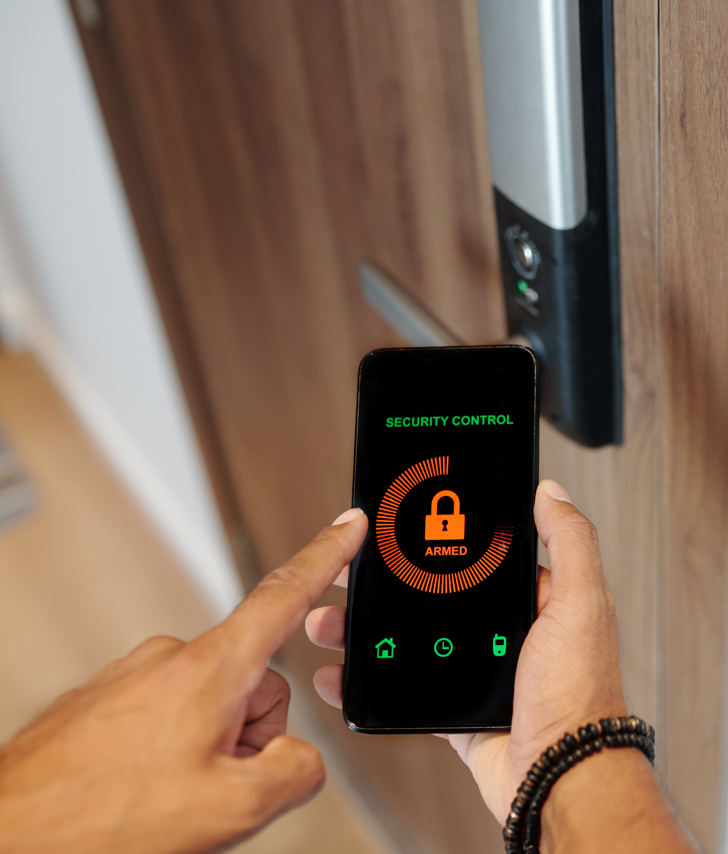Installing a smart door lock in your home doesn’t just add convenience; it’s a proactive step in staying secure and alert to any unauthorised access. Just as we invest in layered security for our homes with smart locks, alarms, and cameras, the same approach is essential for securing your business network.
Initially, network security began with simple antivirus programs. But today, to protect against increasingly sophisticated cyber threats, businesses—especially small and medium-sized ones—need to layer their defences. A multi-layered approach to cybersecurity includes tools like EDR (Endpoint Detection and Response), email security, RMM (Remote Monitoring and Management), dark web monitoring, phishing simulations and training, penetration testing, and vulnerability scanning. Each added layer strengthens resilience, much like adding multiple locks to secure a door.
Why Small Businesses Need Strong Cybersecurity
Some may question if these security measures are necessary for smaller organisations. The reality is, cyber threats aren’t limited to big corporations. In Australia, over 94,000 cybercrimes are reported annually, with a considerable impact on small and medium-sized businesses. The financial risk alone is significant, with costs averaging $46,000 per incident for small businesses and rising to around $97,200 for medium-sized companies. This illustrates the potentially high price of inaction and underscores the necessity of comprehensive security.
To put it in perspective, while Network Engineers in Australia make an average of $80,000 per year, skilled cybercriminals can earn over $250,000 annually on the dark web. The high rewards make hacking a lucrative choice, emphasising why businesses need robust, layered cybersecurity.
If your company is still relying on one or two layers of security, it may be time to assess and enhance your defences. Contact us at Code Hyper One to discuss implementing a stronger, multi-layered security framework and ensure your business stays protected.







